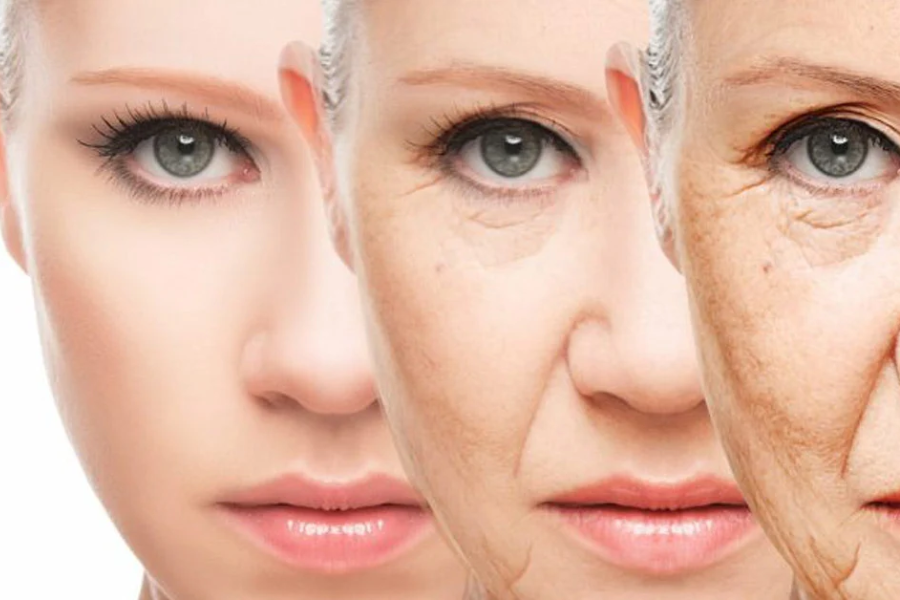Table of Contents
- How Aging Affects the Skin
- Popular Anti-Aging Treatments
- The Role of Nutrition in Anti-Aging
- The Importance of Hydration
- Exercise and Anti-Aging
- Establishing an Anti-Aging Skincare Routine
- Scientific Advancements in Anti-Aging
How Aging Affects the Skin
Aging is an inevitable process that affects everyone. Our skin undergoes several changes as we age, such as reduced collagen production and slower cell renewal, leading to wrinkles and fine lines. Understanding these changes helps in choosing the right treatments to combat aging effectively. For those looking for anti aging facial treatments in Salt Lake City, it is important to note the various options available to address different aspects of skin aging.
With time, collagen, a protein that gives the skin structure, disappears. This decline results in skin sagging and the appearance of wrinkles. Additionally, slower cell turnover means dead skin cells accumulate on the surface, further dulling the complexion. Recognizing these changes can guide us toward appropriate treatments and preventative measures.
Popular Anti-Aging Treatments
Various anti-aging treatments are available today, ranging from over-the-counter creams to invasive procedures. Some popular options include Botox, dermal fillers, and laser therapy. Each treatment has its own set of benefits and potential side effects.
Botox, for instance, temporarily paralyzes the facial muscles to reduce the appearance of lines and wrinkles. Dermal fillers, on the other hand, involve injecting substances like hyaluronic acid to add volume and smooth out deeper wrinkles. Laser therapies can resurface the skin by removing the outer layers, encouraging new skin growth and collagen production.
The Role of Nutrition in Anti-Aging
The maintenance of youthful skin is greatly influenced by nutrition. A diet high in vitamins, minerals, and antioxidants can help shield the skin from oxidative damage and improve its overall health. Nuts, leafy greens, and berries are great options for a diet that fights aging.
Antioxidants help neutralize free radicals, unstable molecules that can damage cells and contribute to aging. Vitamins such as A, C, and E are particularly beneficial for skin health. Including these nutrients in your diet can help support skin repair and rejuvenation.
The Importance of Hydration
Hydration is essential for healthy skin. Drinking adequate water helps maintain skin elasticity and can reduce the appearance of wrinkles. Incorporating a good moisturizer can also help keep the skin hydrated and plump.
Water intake should be complemented with topical hydration. Moisturizers that contain ingredients like hyaluronic acid can draw water into the skin, providing a youthful and dewy appearance. Ensure you choose products matching your skin type for the best results. Staying hydrated not only affects how you feel but also significantly impacts your skin’s appearance, making it look refreshed and glowing.
Exercise and Anti-Aging
Regular physical activity enhances overall health and skin health by improving blood circulation, delivering essential nutrients, and delaying signs of skin aging, according to studies.
Engaging in activities such as cardio, strength training, and even yoga can positively impact your skin. Exercise promotes detoxification through sweating and enhances the delivery of oxygen to skin cells, which can help maintain a radiant complexion. Physical activity also reduces stress, which is known to accelerate aging processes and cause skin issues like acne and eczema.
Establishing an Anti-Aging Skincare Routine
A consistent skincare routine is vital for combating aging. Cleansing, exfoliating, and moisturizing should be part of daily skincare habits. Products containing ingredients like retinoids and hyaluronic acid can also be beneficial.
While exfoliating can assist slough off dead skin cells and encourage the turnover of new skin cells, cleansing aids in the removal of debris and pollutants from the skin. A quality moisturizer will protect the skin from environmental aggressors and keep it nourished. Particular skin issues can be addressed with targeted therapies like serums or eye creams. Consistency is key, so establishing and maintaining a routine can improve skin health and appearance.
Scientific Advancements in Anti-Aging
Scientific research continues to progress in the field of anti-aging. Recent advances in genetics and stem cell therapy hold the possibility of considerably delaying the aging process. Keeping up with the most recent developments in science can open up new avenues for anti-aging therapies. These advancements offer exciting possibilities for more effective and personalized treatments. For instance, stem cell therapy can regenerate damaged tissues. At the same time, genetic research can identify individual predispositions to aging and offer custom solutions. As science continues to unlock new pathways in understanding the aging process, the future of anti-aging treatments looks promising. It could lead to more effective and targeted therapies.

